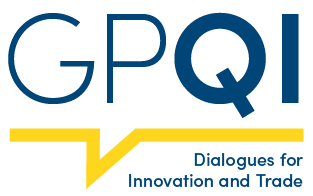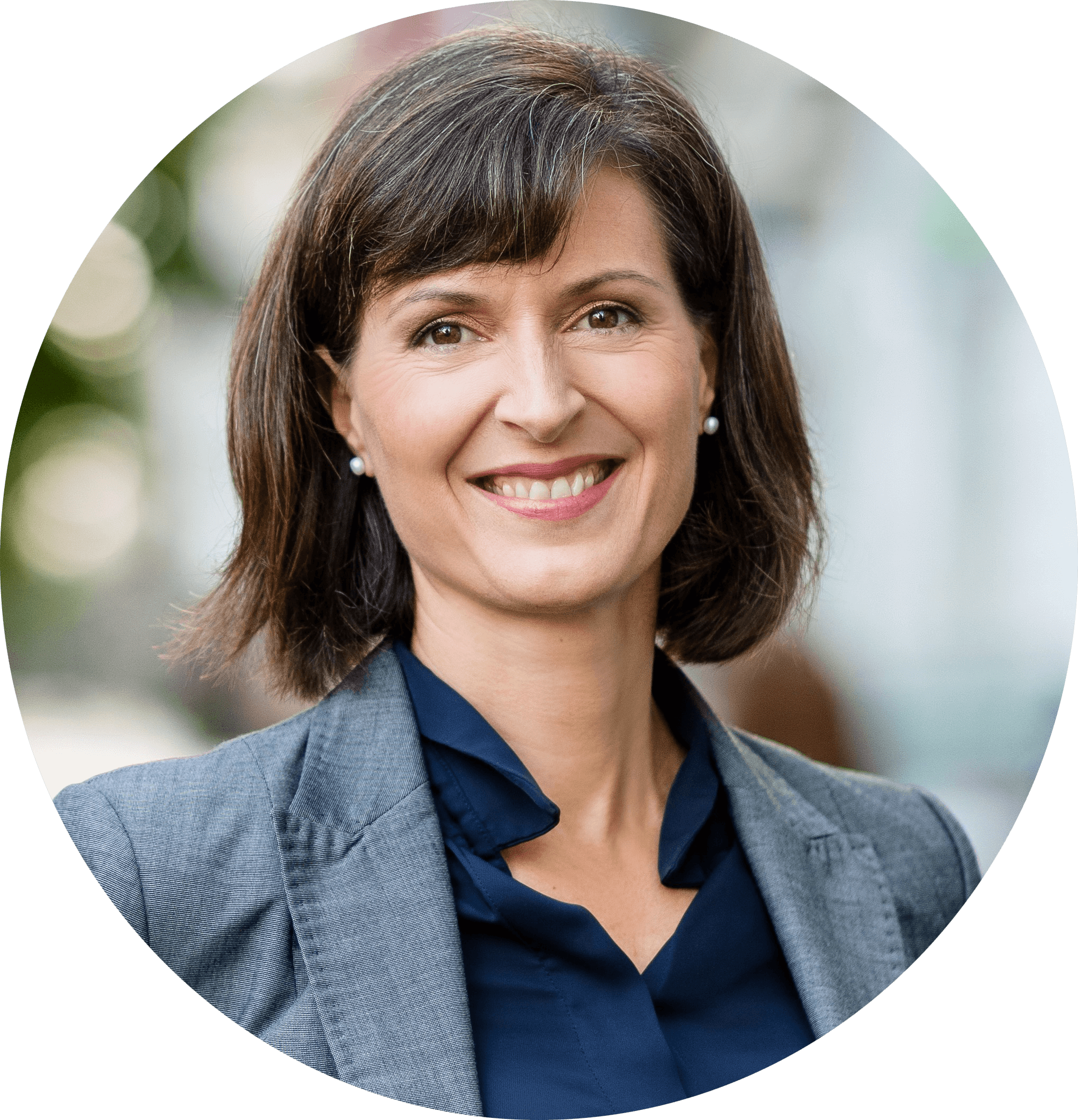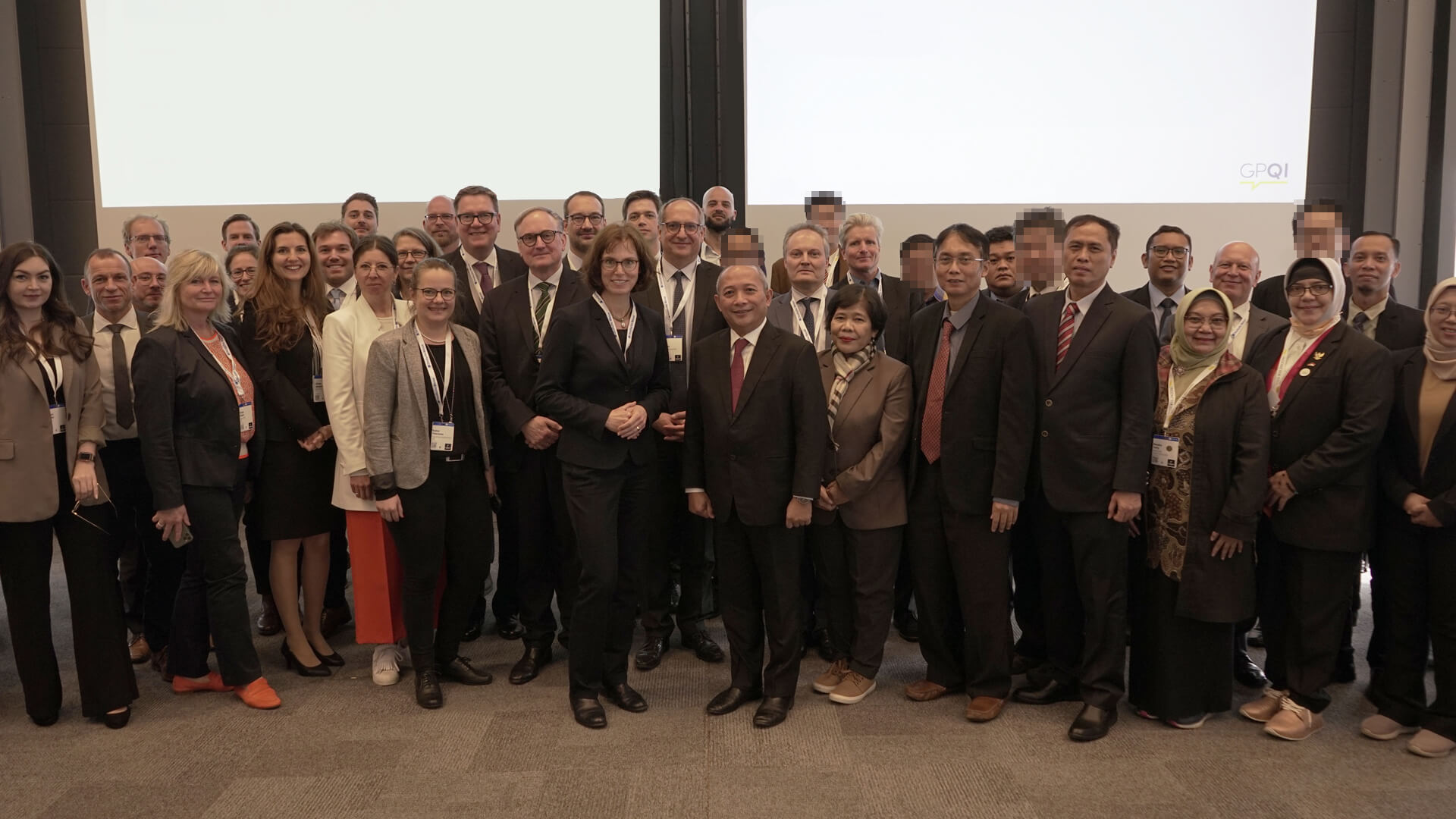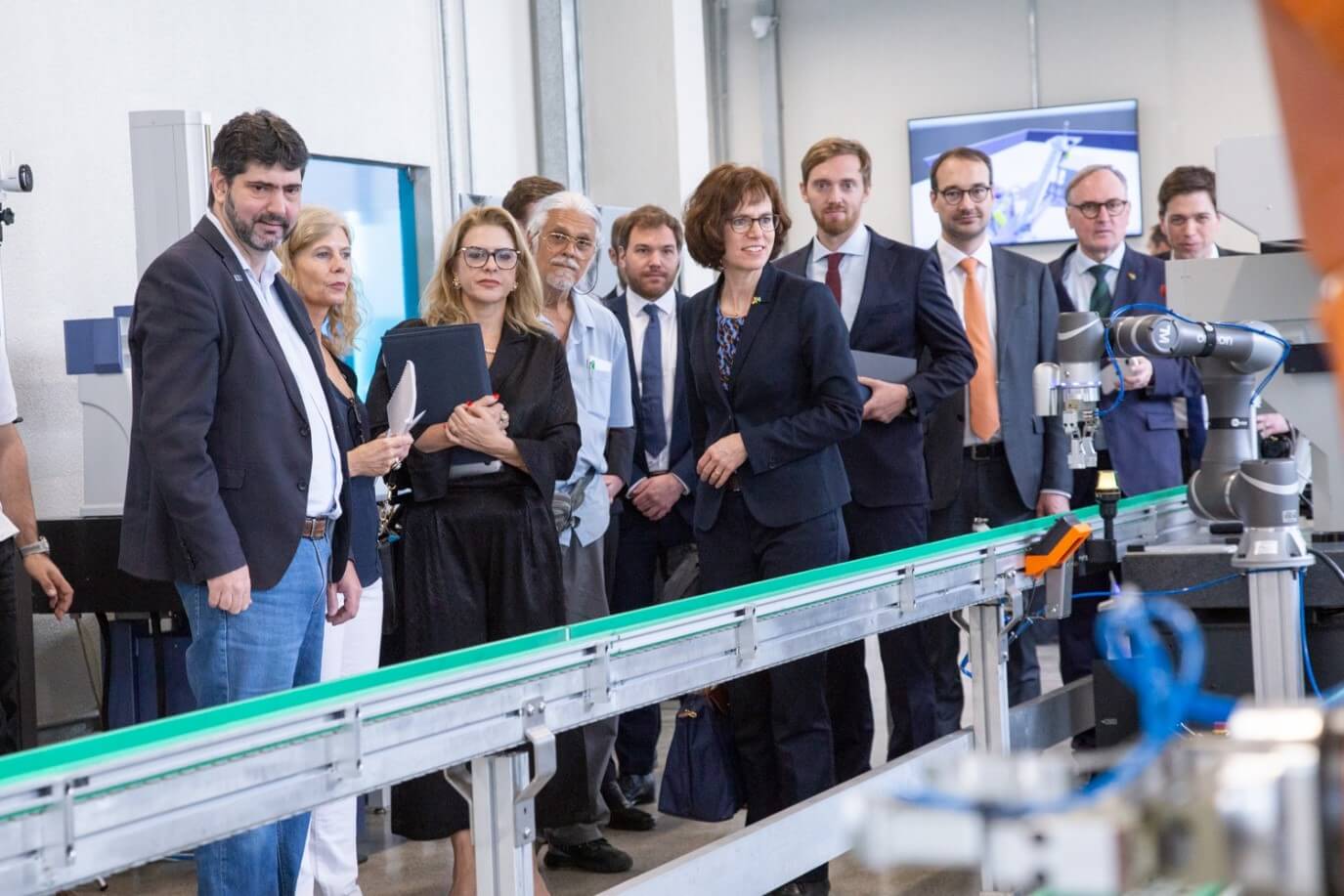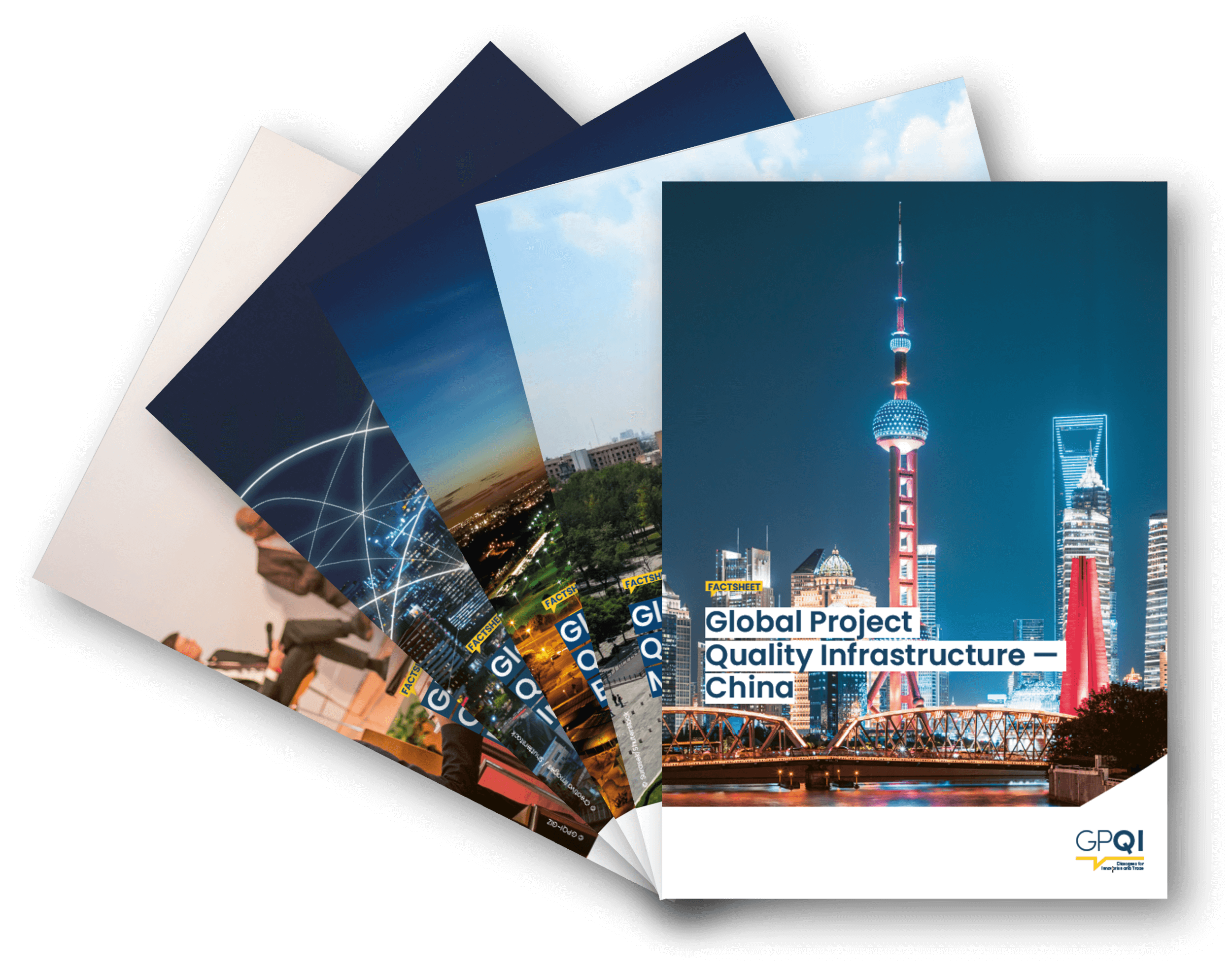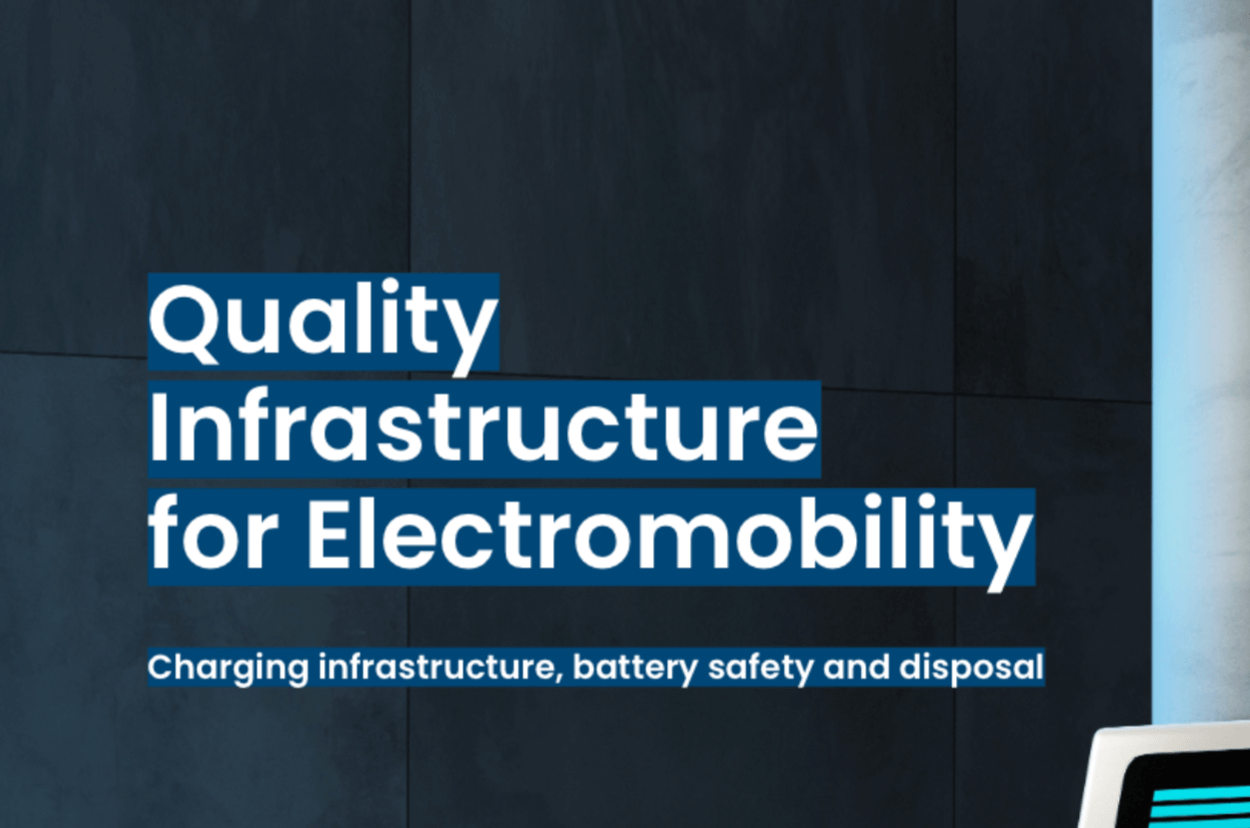GPQI Newsletter 2/2023
|
|
Global Project Quality Infrastructure Newsletter |
|
03 May 2023 |
|
Dear readers Welcome to the second issue of the Global Project Quality Infrastructure (GPQI) newsletter in 2023. This newsletter provides an overview of GPQI’s activities, upcoming events in the field of Quality Infrastructure (QI) and publications that GPQI has launched recently. In this issue, we feature an interview with Amelie Leipprand, Senior Project Manager DIN Young Professionals at the German Institute for Standardization (Deutsches Institut für Normung e.V. – DIN). She advocates for the modernisation of standardization and brings in a breath of fresh air – not only with her unusual career. After training at the State University of Music and the Performing Arts Stuttgart, she worked as an actress at various German theaters. Then she switched paths and completed a degree in engineering at Technische Universität Dresden, which led her to DIN. Her perspective is: Standards can make the world a better place. They provide the leverage for widespread application. Developing rules together is a highly democratic process. Thus, carrying this knowledge into the world has been her mission ever since. Learn more with her podcast in your favorite podcast app or here: https://soundcloud.com/dinyp/sets/human-beings-are-not-ants Take a look at our latest news and find out about the QI developments in our partner countries. We look forward to your feedback: Please contact us if you have any thoughts or suggestions for this newsletter. Let’s shape the future of QI together! Sincerely |
CONTENT1. Three questions for... 2. News from our partner countries 3. Publications |
1. THREE QUESTIONS FOR... Amelie Leipprand, Senior Project Manager DIN Young Professionals at the German Institute for Standardization (Deutsches Institut für Normung e.V. – DIN)Why is standardization important – both nationally and internationally?Standardization is more than just “making everything the same” – or rather, it’s something completely different. Standardization is the process of developing the content of the standards. Experts come together and co-create which requirements must be met so that all can live with the developed standards. This does not only include big industry or producers but all points of view. Standards form a basis for economy and trade, both nationally and internationally. They define quality requirements and are the basis for QI. Thus, it’s super important to harmonise them internationally. It saves a lot of resources including money to follow harmonised requirements and, many decisions in one country have an impact on other countries. Through standardization, representatives of those countries can talk to each other and find solutions that work for both. Which role do women* play in standardization?Women* are of course an important voice in standardization. We make up half of the global population – so we should also be half represented in standardization bodies. But we are not. Interestingly, not only “typically male” framed contexts like classical engineering topics but also “typically female” framed ones - like HR - are male dominated. That’s why I’m very grateful for projects like MUjeres del Sistema de Infraestructura de la CAlidad (MUSICA) in Mexico that raise awareness to this situation and help to change it. Recently, GPQI and MUSICA organised a panel discussion on women’s* role in QI. Networking and knowledge exchange are the first steps towards change. What can be done to get more young people, and especially women*, involved in standardization?Many standardization topics are male framed subjects like engineering, IT, generally STEM subjects. There are already many projects in place, trying to attract girls* and women* in STEM subjects. We should start framing STEM subjects for all genders and show the broad range of topics within standardization. I am a mechanical engineer at DIN. I organise, I talk and finally, I help to reach a consensus. If we could show, there are diverse jobs waiting for engineers, not only in construction but also in fields like standardization, maybe we could attract more women*. Also, it is the organisation of standardization that should be more women*-friendly. For example, due to family obligations many women* work part-time – it is difficult for them to travel to international Technical Commitee meetings. Short-term web meetings would be more inclusive.
Amelie Leipprand
2. NEWS FROM OUR PARTNER COUNTRIESWOMEN* IN QUALITY INFRASTRUCTURE: IMPRESSIONS FROM GERMANY AND MEXICOf.l.t.r. Maribel López (ema), Viviana Fernández (IMNC), Vera Moser (GPQI), Amelie Leipprand (DIN), and Lilia de Diego (GPQI). © MUSICA |
|
Please follow this link if you would like to change your newsletter preferences. If you no longer wish to receive this newsletter, please click here. |
|
Publisher: Registered offices Friedrich-Ebert-Allee 32 + 36 Dag-Hammarskjöld-Weg 1 - 5 Registered at VAT no. DE 113891176 Chairperson of the Supervisory Board Management Board In charge of this newsletter: |
|
The German Federal Ministry for Economic Affairs and Climate Action (BMWK) has commissioned the Deutsche Gesellschaft für Internationale Zusammenarbeit (GIZ) GmbH to implement the Global Project Quality Infrastructure.  |
